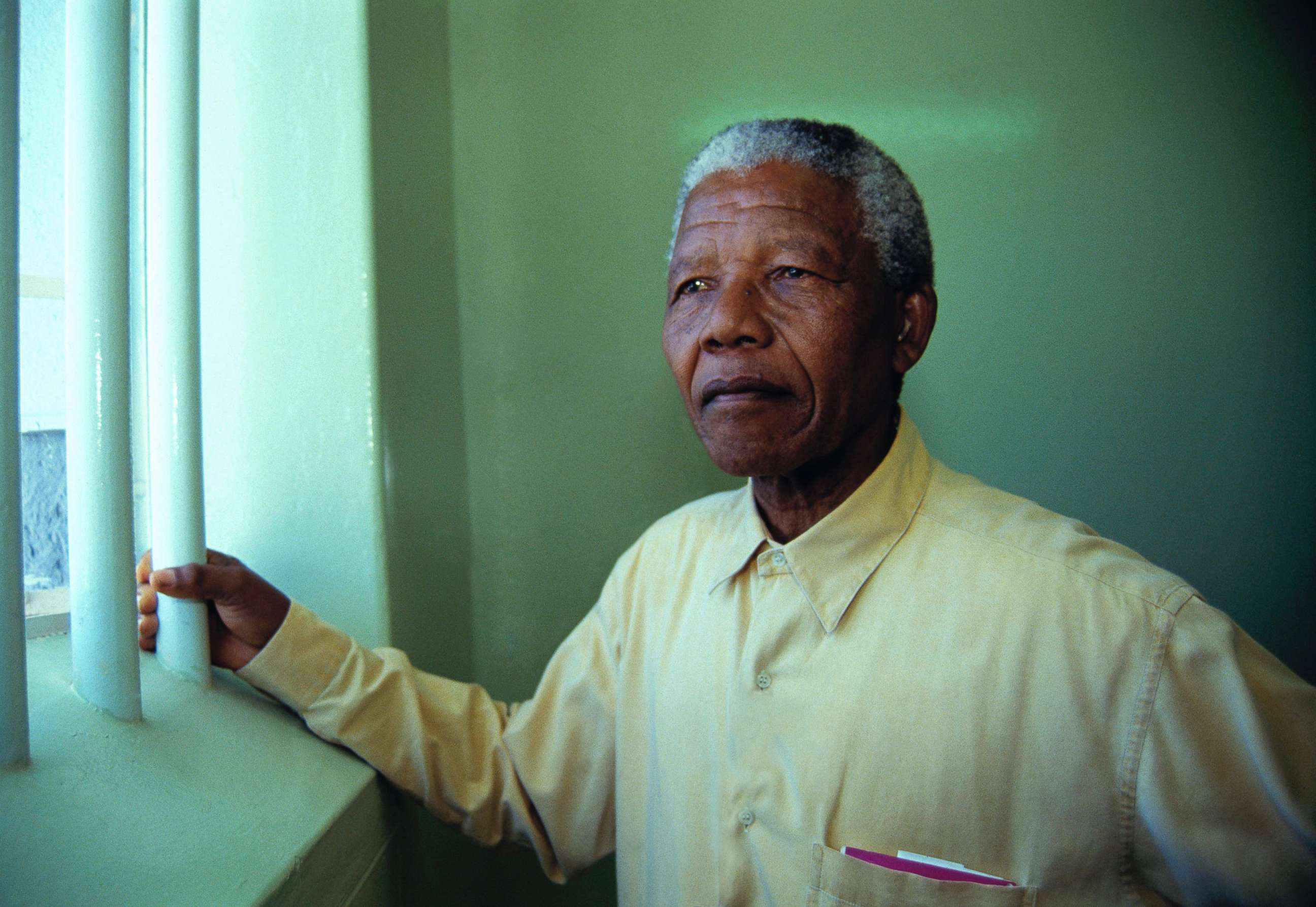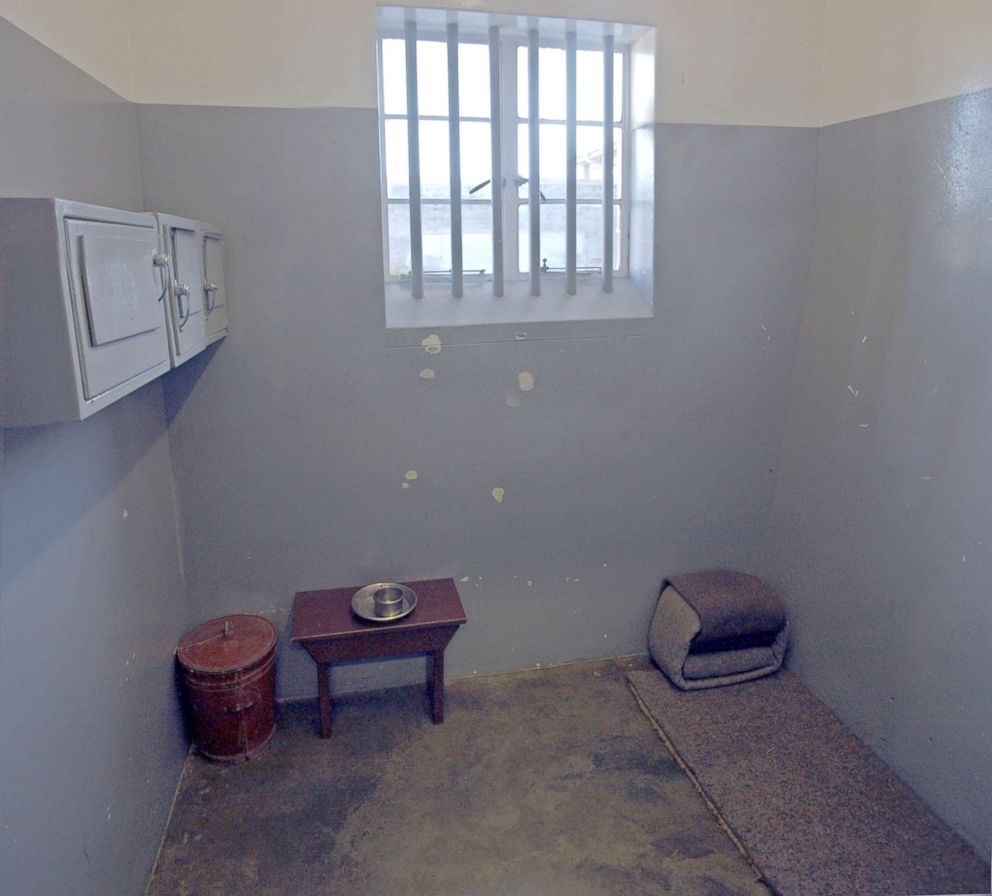Nelson Mandela's prison letters reveal his heartache behind bars
Many of these letters have never been seen by the public before.
PRETORIA, South Africa -- As South Africa – and the world – marks the centennial birth of anti-apartheid icon, Nelson Mandela, a book containing his prison letters was officially launched in Johannesburg this evening. The Prison Letters of Nelson Mandela is the only authorized and authenticated collection of correspondence spanning the 27 years Mandela was held as a political prisoner.
The letters – many never before seen by the public – have been assembled from the collections held by the Nelson Mandela Foundation and the South African National Archives, among others.
Mandela was arrested in 1962 for conspiring to overthrow the apartheid government and sentenced to life imprisonment. During his incarceration, he penned a multitude of letters – to his wife Winnie Mandela, as well as his loved ones, compatriots, prison authorities and government officials.
At first, he was only allowed to write and receive one letter of five hundred words every six months. Even when restrictions were finally loosened regarding the length and regularity of his correspondence, prison officials continued censoring his letters for political overtones – even innocuous references.

The first democratic president of South Africa was released from prison in 1990 and lead his party – the African National Congress – to victory in 1994. He stepped down after serving only one term in office.
Illustrated with facsimiles and generously annotated, the book sheds light on every aspect of life behind bars for the future South African leader, providing new insight into how Mandela maintained his inner spirits while living in almost complete isolation and how he engaged with an outside world that became increasingly outraged by his plight, as his imprisonment dragged into its fourth decade.

Mandela died on Dec. 5, 2013. He would have turned 100 on July 18 this year.




